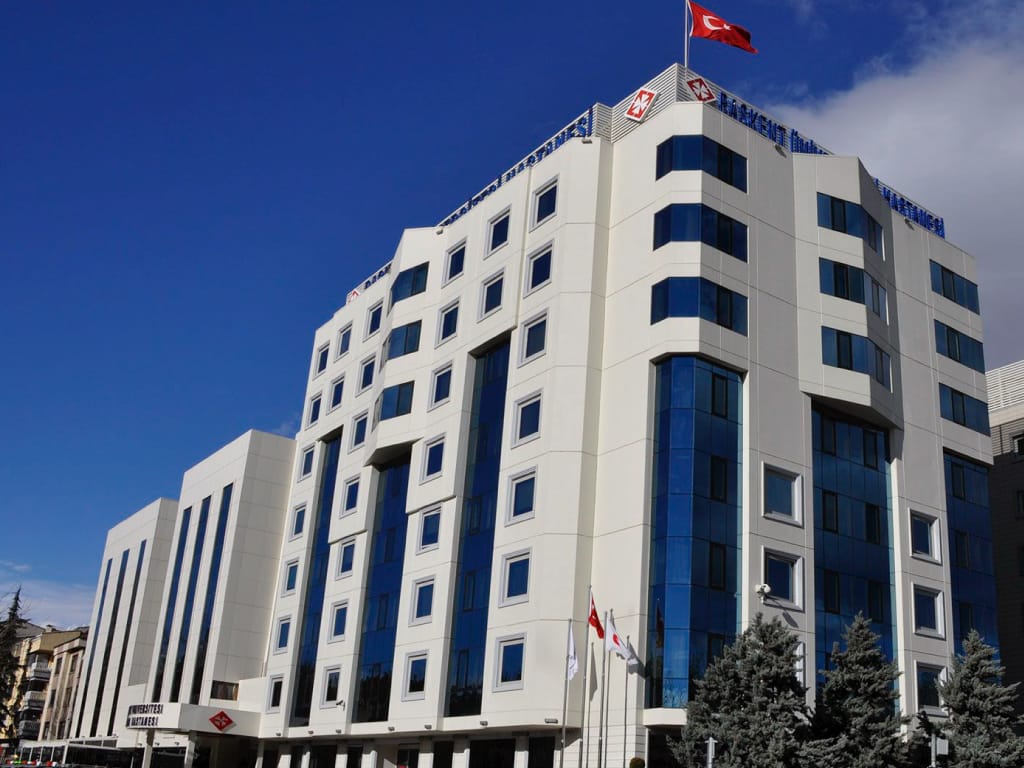
Gerekli Belgeler
Başkent Üniversitesi, 1980'li yıllarda Prof. Dr. Mehmet Haberal tarafından eğitim ve sağlık kurumu olarak kurulmuştur. Üniversitenin kuruluş amacı çağdaş bir eğitim sistemi oluşturmak ve yüksek öğrenimin ihtiyaçlarını karşılamaktır.
1994 yılında kurulan üniversite, sağlık, eğitim, beşeri bilimler, hukuk, iletişim, sanat, çevre, sanayi, ticaret ve teknoloji gibi çeşitli alanlarda bilgili ve deneyimli, rekabetçi ve uluslararası ilişkilere önem veren bireyler yetiştirmeyi amaçlamaktadır.
Eğitim faaliyetleri Başkent Üniversitesi'nin üç farklı kampüsünde yürütülmektedir. Üniversitede 11 fakülte, 1 devlet konservatuvarı, 6 meslek yüksekokulu, 7 enstitü ve bir yabancı diller okulu bulunmaktadır. Ayrıca üniversiteye bağlı çeşitli araştırma ve uygulama merkezleri ve sağlık hizmeti veren hastaneler bulunmaktadır.